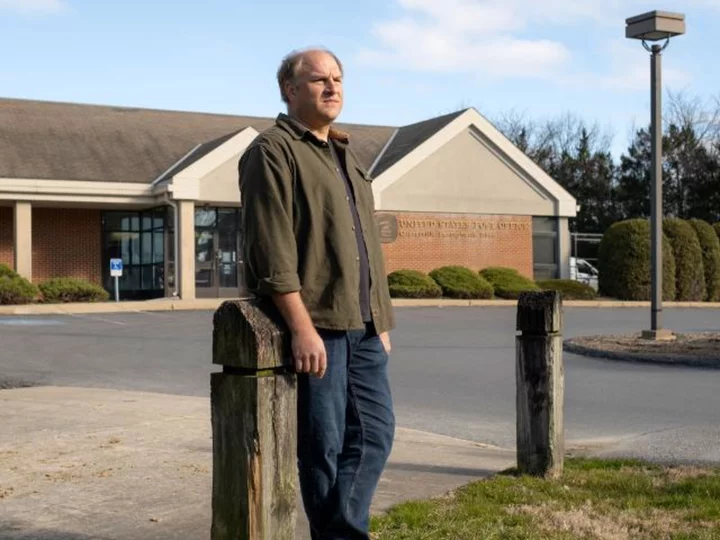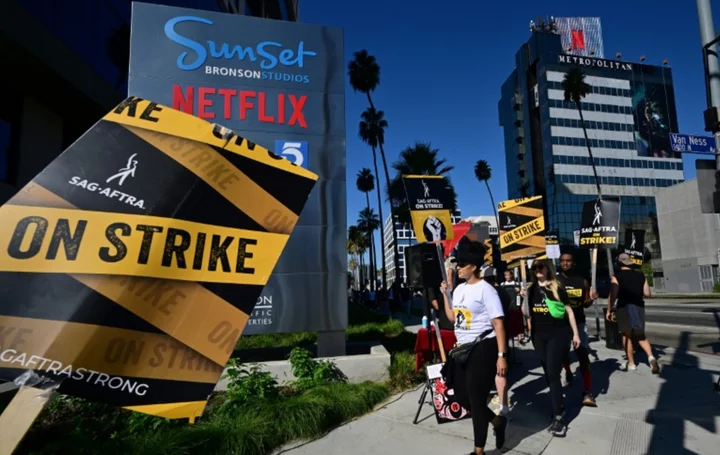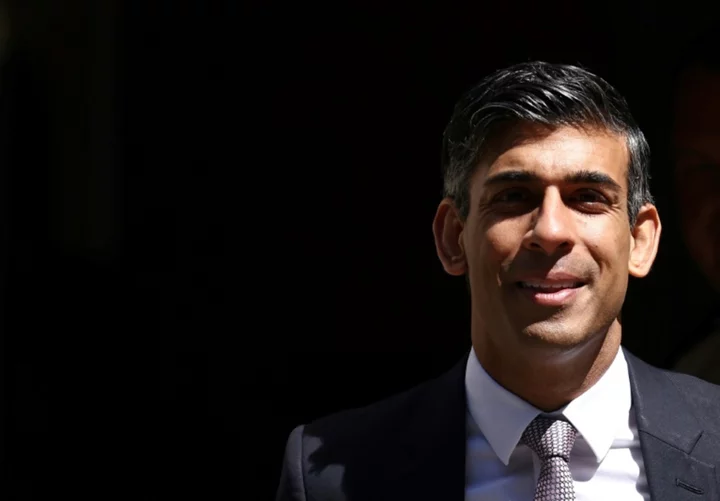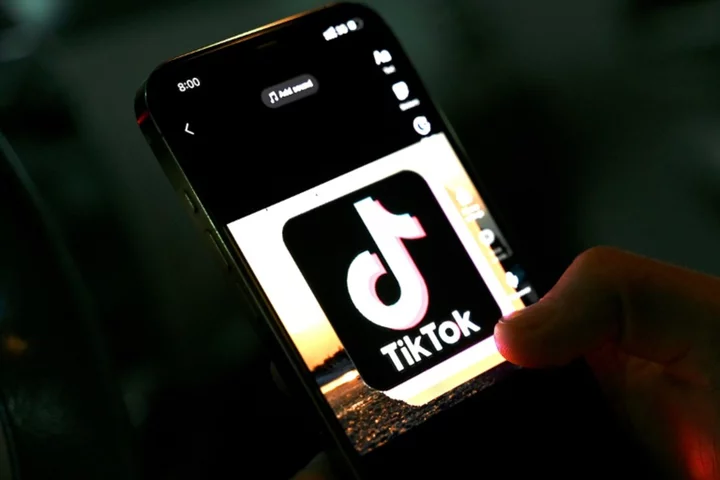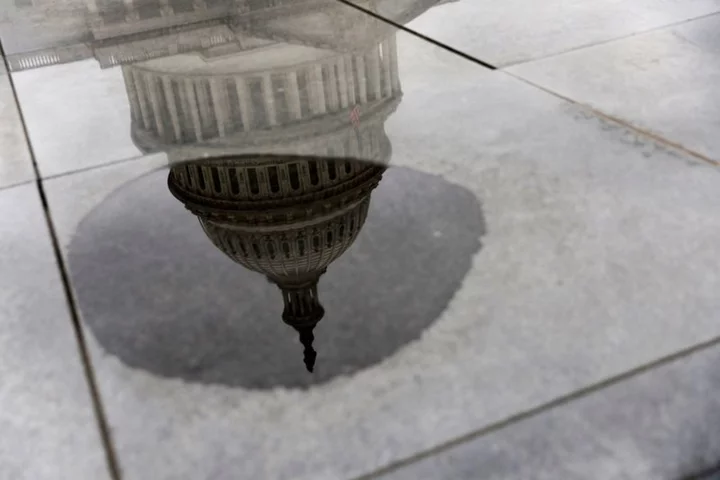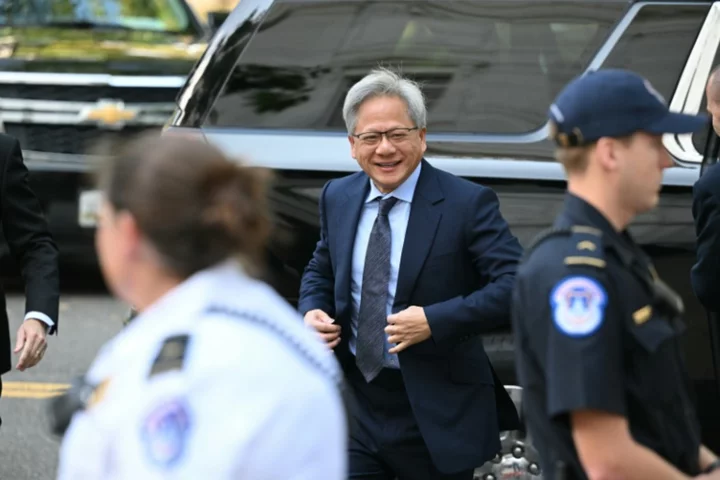The Supreme Court revived the case of a former mail carrier, an evangelical Christian, who said the United States Postal Service violated federal law by failing to reasonably accommodate his inability to work on Sundays.
The court said unanimously that a lower court was too quick to deny the employee's request for accommodation and should take another look at the impact the request would have on the Postal Service as a whole.
"We think it is enough to say that an employer must show that the burden of granting an accommodation would result in substantial increased costs in relation to the conduct of its particular business," Justice Samuel Alito wrote, penning the court's opinion. Justice Sonia Sotomayor wrote a concurrence joined by Justice Ketanji Brown Jackson.
A lower court had ruled against the worker, Gerald Groff, holding that his request would cause an undue hardship on the Postal Service and lead to low morale at the workplace when other employees had to pick up his shifts.
The new ruling, in clarifying previous precedent for religious accommodations, will likely make it harder for an employer to refuse to accommodate the religious beliefs of an employee under Title VII of the civil rights law. The Supreme Court left the door open that the Postal Service might still prevail in the case, and the justices said they were leaving it to the lower court to revisit the case under the clarified standard.
"An employer who fails to provide an accommodation has a defense only if the hardship is 'undue,' and a hardship that is attributable to employee animosity to a particular religion, to religion in general, or to the very notion of accommodating religious practice cannot be considered 'undue,'" Alito wrote.
The opinion concluded that "Title VII requires that an employer reasonably accommodate an employee's practice of religion, not merely that it assess the reasonableness of a particular possible accommodation or accommodations."
"Faced with an accommodation request like Groff's, it would not be enough for an employer to conclude that forcing other employees to work overtime would constitute an undue hardship," the court's opinion said. "Consideration of other options, such as voluntary shift swapping, would also be necessary."
Sotomayor's concurrence highlighted a distinction in the court's opinion, noting that the court had ruled that Title VII requires that an employer, in rejecting a requested accommodation, must show that the accommodation would impose "undue hardship on the conduct of the employer's business." Her concurrence focused on how a proposed accommodation could impose an undue hardship on a business' employees.
"Indeed, for many businesses, labor is more important to the conduct of the business than any other factor," she wrote.
Not all effects an accommodation places on employees will amount to such a hardship, Sotomayor said, but "if there is an undue hardship on 'the conduct of the employer's business' ... then such hardship is sufficient, even if it consists of hardship on employees."
Lawsuit over Sunday work shifts
Groff, who lives in Pennsylvania, served in 2012 as a rural carrier associate at the United States Postal Service, a position that provides coverage for absent career employees who have earned the ability to take off weekends. Rural carrier associates are told they need flexibility.
In 2013, Groff's life changed when the USPS contracted with Amazon to deliver packages on Sundays. Groff's Christian religious beliefs bar him from working on Sundays.
The post office contemplated some accommodations to Groff, such as offering to adjust his schedule so he could come to work after religious services or telling him he should see if other workers could pick up his shifts. At some point, the postmaster himself did the deliveries because it was difficult to find employees willing to work on Sunday. Finally, the USPS suggested Groff choose a different day to observe the Sabbath.
The atmosphere with his co-workers was tense and Groff said he faced progressive discipline. In response, he filed complaints with the Equal Employment Opportunity Commission, which is charged with enforcing federal laws that make it illegal to discriminate against an employee because of religion.
Groff ultimately left his job in 2019. In a resignation letter, he said he had been unable to find an "accommodating employment atmosphere with the USPS that would honor his religious beliefs."
Groff sued, arguing that the USPS violated Title VII. District Judge Jeffrey Schmehl, an appointee of former President Barack Obama, ruled against Groff, holding that that his request to not work on Sundays would cause an "undue hardship" for the USPS. The 3rd US Circuit Court of Appeals affirmed the ruling in a 2-1 opinion.
When the case was before the Supreme Court, Groff's lawyer, Aaron Streett, told the justices that the USPS could have done more and was wrong to claim that "respecting Groff's belief was too onerous." He urged the justices to cut back or invalidate precedent and allow an accommodation that would allow the worker to "serve both his employer and his God."
"To me, it's not just about going to church," Groff said in a video posted on the website of his legal team at First Liberty. "It's about obeying the Lord and putting the entire day aside to honor and glorify Him," he added.
The Biden administration had urged the high court to simply clarify the law to make clear that an employer is not required to accommodate an employee's Sabbath observance by "operating shorthanded or regularly paying overtime to secure replacement workers."
The Becket Fund, a religious liberty legal advocacy organization that supported Groff in a friend-of-the-court brief, praised Thursday's opinion.
"Big corporations got away with firing employees for their religious practices for decades, thanks to a fundamental misreading of civil rights law," Becket Fund president and CEO Mark Rienzi said in a statement. "That mistake by the Court long pushed faith out of daily life by giving employers free rein to give religious workers the boot for observing holy days and taking time to pray. Today's ruling corrects decades of rulings against religious Americans."
This story has been updated with additional information.

